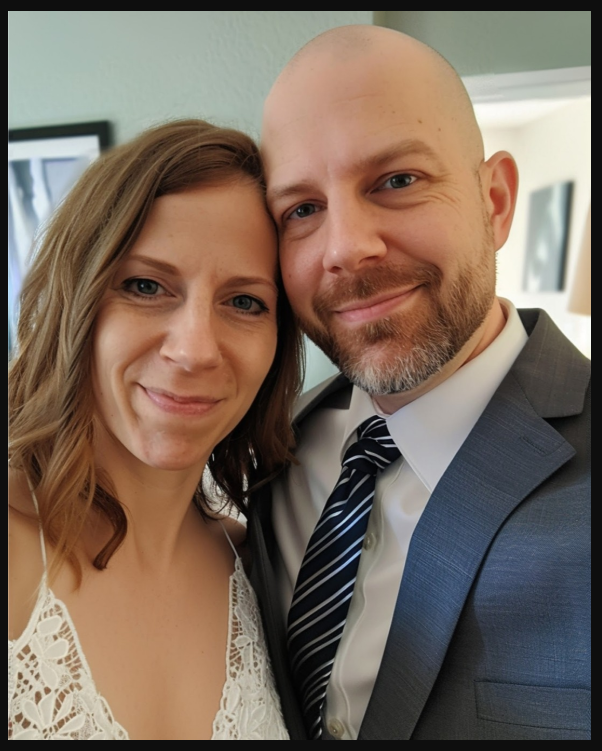When Lee’s husband, Jason, said he was heading to a work conference, she packed his bag with care—folding his favorite shirt, slipping in his lucky tie, and spritzing it lightly with the scent that reminded him of home. She kissed him goodbye, trusting him completely. But just a few days later, that trust came crashing down. A Facebook photo appeared—Jason, not in a meeting room, but at a wedding. And not just any wedding. He stood beside his ex, dressed to impress, with not a lanyard or conference badge in sight. The betrayal was quiet, but sharp. Lee didn’t scream. There were no slammed doors, no dramatic scenes. Instead, she confronted him with a different kind of power—calm, composed, and cutting. She showed him a “new” itinerary she had drawn up for herself, a list of upcoming events and weekends away—solo. Her message was crystal clear: if deception was part of the marriage now, she could play that game too. Jason admitted he’d “messed up.” But Lee didn’t pause to console him. She walked past him, her silence louder than any argument. They didn’t separate, but things changed. The trust was gone—fractured, not shattered—and instead of pretending everything was fine, they began therapy. Slowly, painfully, they unpacked the lies, the distance, and the reasons. Lee never got even. Even when friends encouraged her to. She stayed—not because she was weak, but because she saw something still worth saving. Not the version of their marriage that once was, but something new—something built on truth this time. Trust didn’t come back all at once. But day by day, moment by moment, they’re laying down new bricks. Not to rebuild what was lost—but to build something stronger
My Husband Said His Job Was Sending
